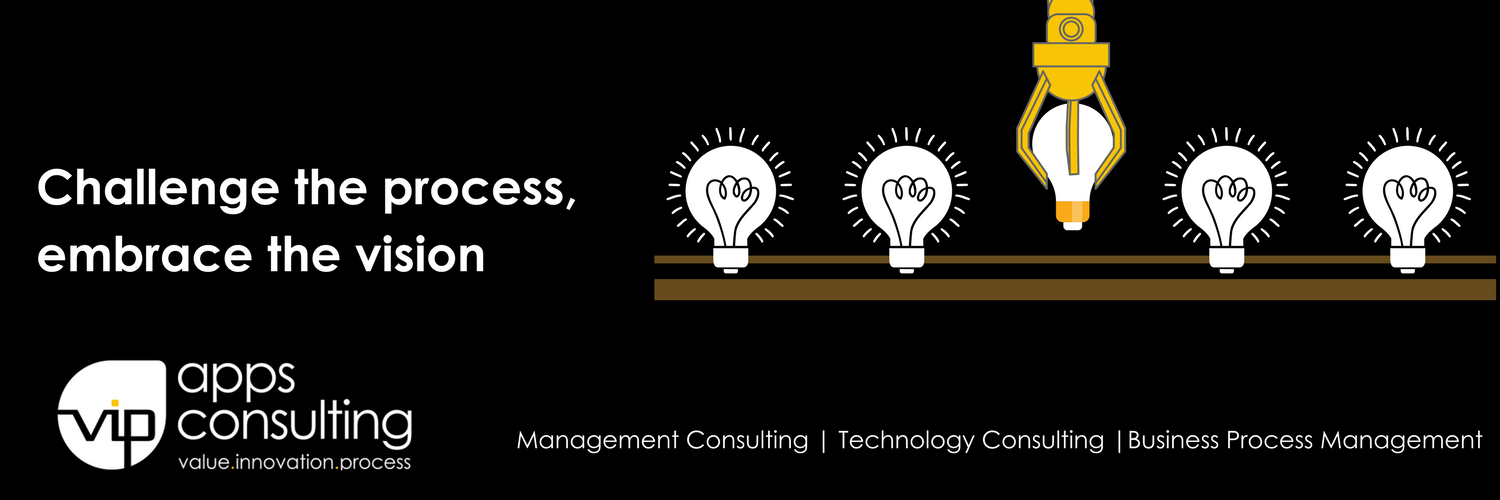From IT, operations to finance billing, employees across departments are caught in manual and repetitive tasks every day. Companies in the financial services and leasing industry are starting to implement chatbots, machine learning, artificial intelligence (AI) and robotic process automation (RPA) solutions to exponentially increase productivity by the automation of repetitive tasks, a fundamental part of their digital transformation journey. However, to get there, organisations need to figure out first which tasks can be automated as they explore ways to organise teams to support those innovations. Project managers soon realise that the implementation of these new technologies requires not only a strong organisation and culture but the redesign and reinvention of their business processes.
Before Scaling-up, Map Your Business Processes
The spectrum of intelligent automation solutions is broad. Let’s consider, for example, RPA, a hot topic in the leasing and financial services industry today because of the potential operational benefits of cost reduction, increased accuracy and improved compliance. Understanding the technical capabilities of the RPA tools can be challenging, as they offer potential ways to automate all or some stages of manual rule-based processes.
 Like with the implementation of an ERP system, RPA it is not just plug and play. There is the tendency to believe that RPA is technology tied to a business process to make it smarter as it is free of human intervention. As discussed in a previous post, RPA will automate a process as it is, so all existing inefficiencies will be mimicked, limiting the potential benefits of the solution. The redesign, re-engineering and elimination of processes is the most critical part of your automation implementation planning. This can also be time-consuming as most organisations do not have mapped business processes supporting their legacy systems today. To identify which use case could be best solved by the automation tool, you need to begin with a simple question: can the problem be solved by changing the business process? Organisations need to analyse each task currently necessary to perform a particular job function to carve out which can be reassigned to a robot, the best solution may fall into human-focused work, or even being outsourced. RPA is a specialised tool for specific jobs, and it may not be the right solution to automate every process.
Like with the implementation of an ERP system, RPA it is not just plug and play. There is the tendency to believe that RPA is technology tied to a business process to make it smarter as it is free of human intervention. As discussed in a previous post, RPA will automate a process as it is, so all existing inefficiencies will be mimicked, limiting the potential benefits of the solution. The redesign, re-engineering and elimination of processes is the most critical part of your automation implementation planning. This can also be time-consuming as most organisations do not have mapped business processes supporting their legacy systems today. To identify which use case could be best solved by the automation tool, you need to begin with a simple question: can the problem be solved by changing the business process? Organisations need to analyse each task currently necessary to perform a particular job function to carve out which can be reassigned to a robot, the best solution may fall into human-focused work, or even being outsourced. RPA is a specialised tool for specific jobs, and it may not be the right solution to automate every process.
Automation is becoming a strategic imperative in the digital transformation journey of companies. It touches every IT and business project and consequently involves every person, business unit and department in the organisation. Senior stakeholders and project managers would now consider data governance and process governance for all projects. The benefits of mapping your business processes have become more relevant than ever. Representing a business process in graphical form makes it easier for CIOs and CFOs to connect to their organisation and to build an automation roadmap. They can identify all those areas, from the infrastructure layer right through to your customer-facing channels, where the mundane, repetitive tasks take place, highlighting opportunities for RPA and allowing them to determine the best intelligence tools to automate the tasks.

VIP Apps Consulting team has extensive experience within the leasing financial services industry with the knowledge, capabilities and operational experience, to help organisations assess and implement the required process changes.
Keep up to date with the latest technology trends and other industry news by following us on LinkedIn






